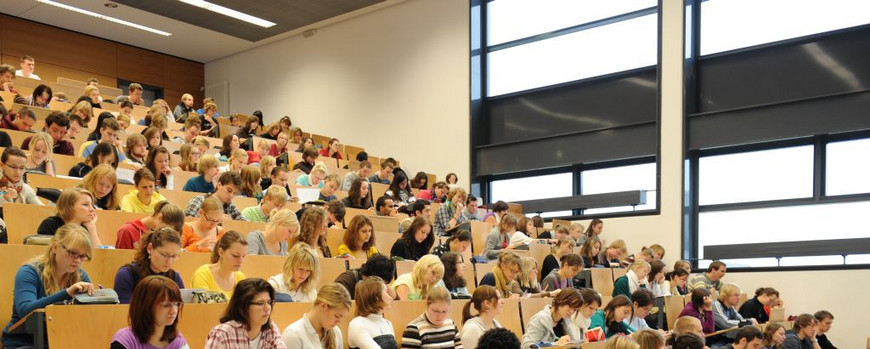Educational Psychology
Educational Psychology integrates quite different areas such as experimental psychological research, pedagogical practice, and educational science. In general, Educational Psychology refers to individuals' behavior and experience in educational situations. More specifically, Educational Psychology strives to describe and explain processes of instruction and learning both within and outside of educational institutions. Whereas the school context has been the central focus of Educational Psychology for decades, the scope of research topics has been considerably expanded in recent years. Relatively "new" areas of Educational Psychology are, for example, vocational training, family research, learning in higher education, and multi-media learning. Moreover, Educational Psychology has developed an impressive multitude of training programs to foster, for example, motivation to learn, self-regulation of learning, and cognitive abilities. Graduates with a focus on Educational Psychology mainly choose to work as school psychologists, educational counselors, or scientific researchers. In addition, they are involved in various areas related to counseling and vocational training.

